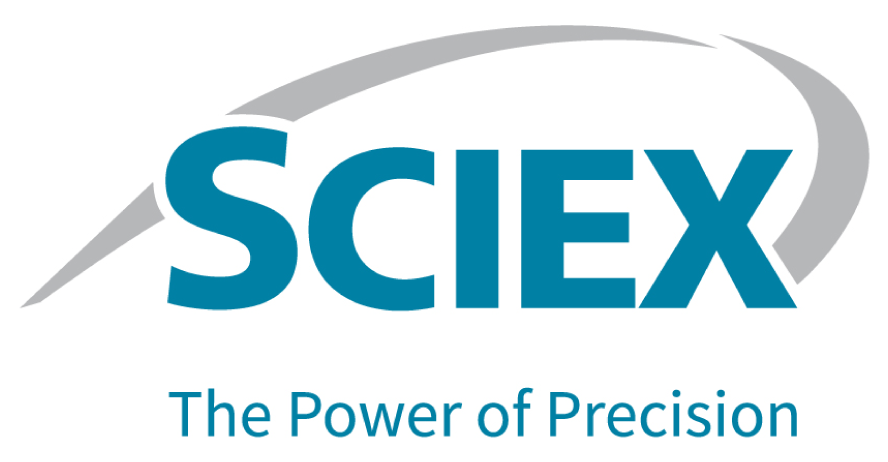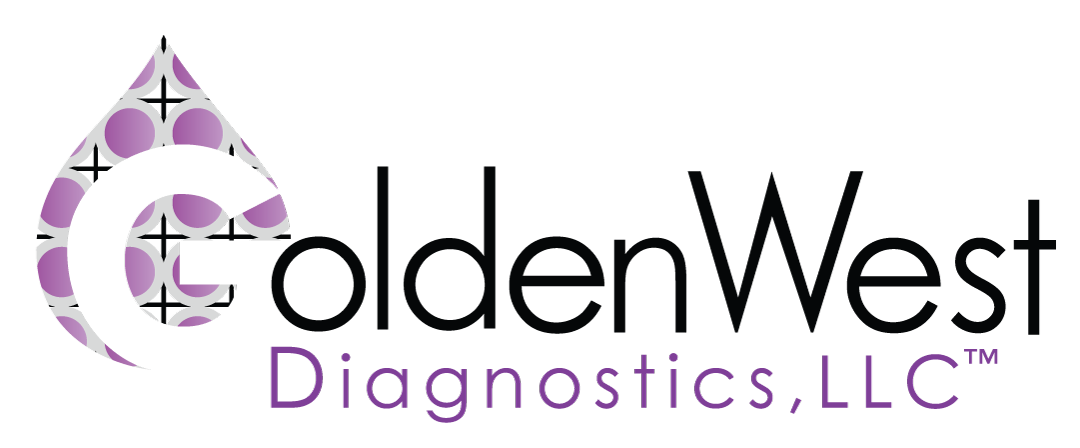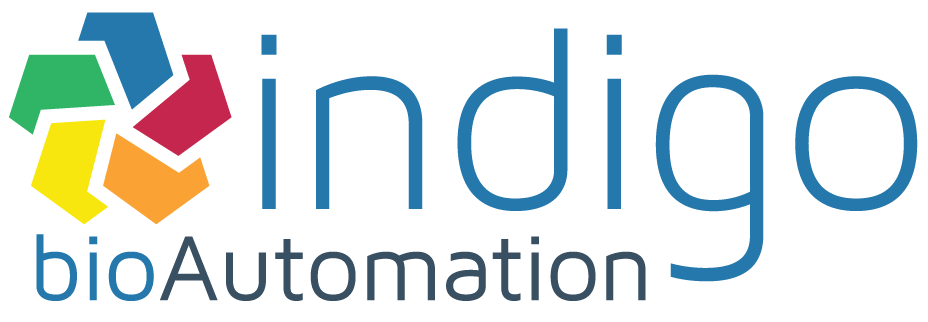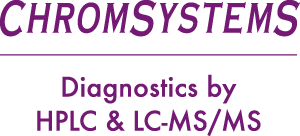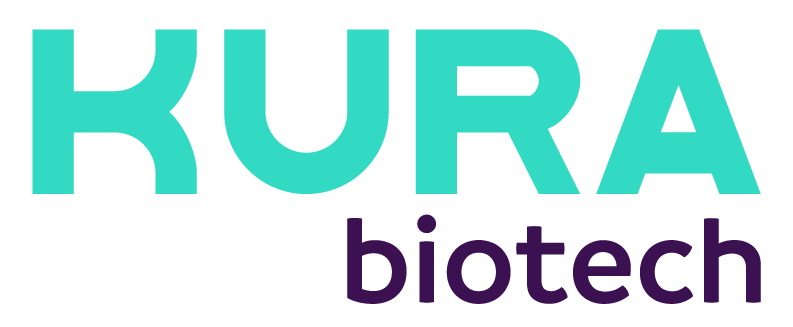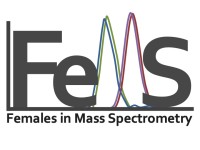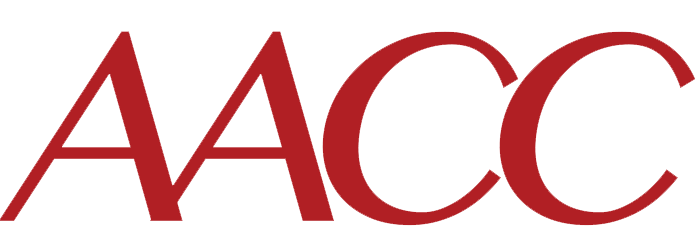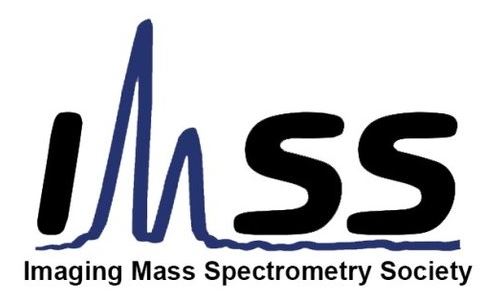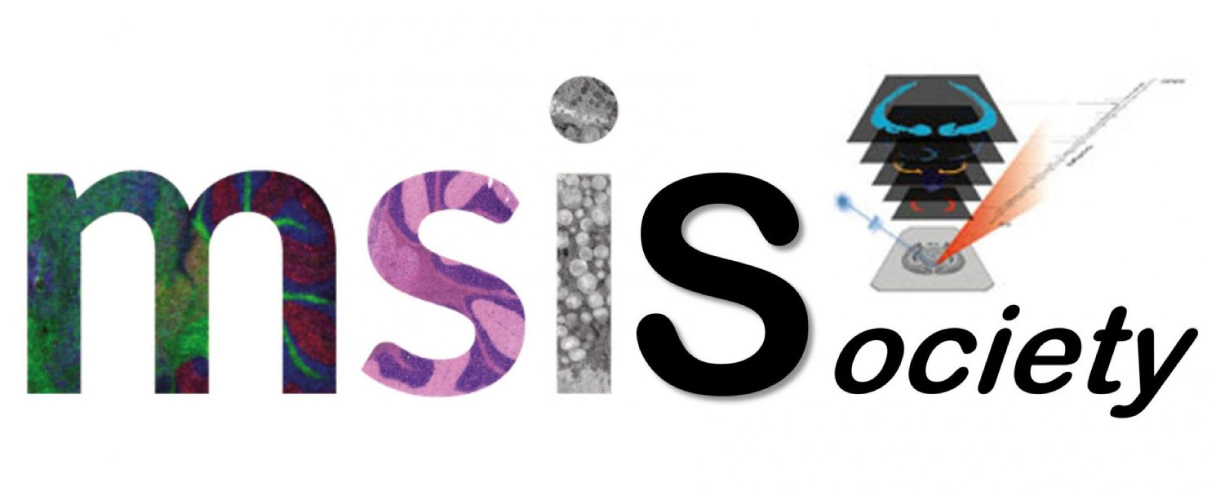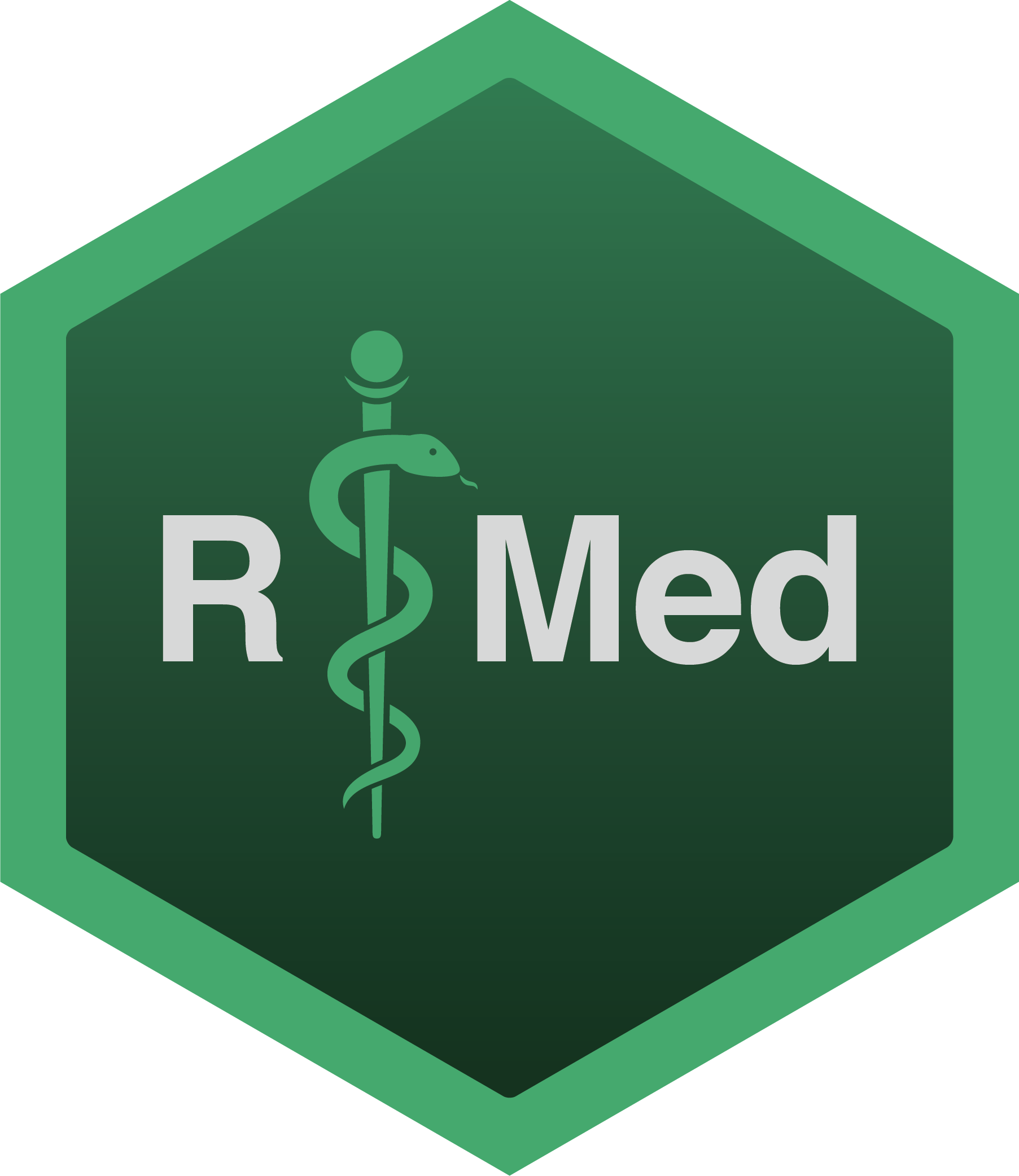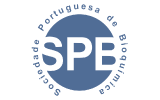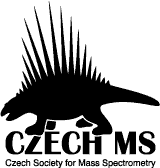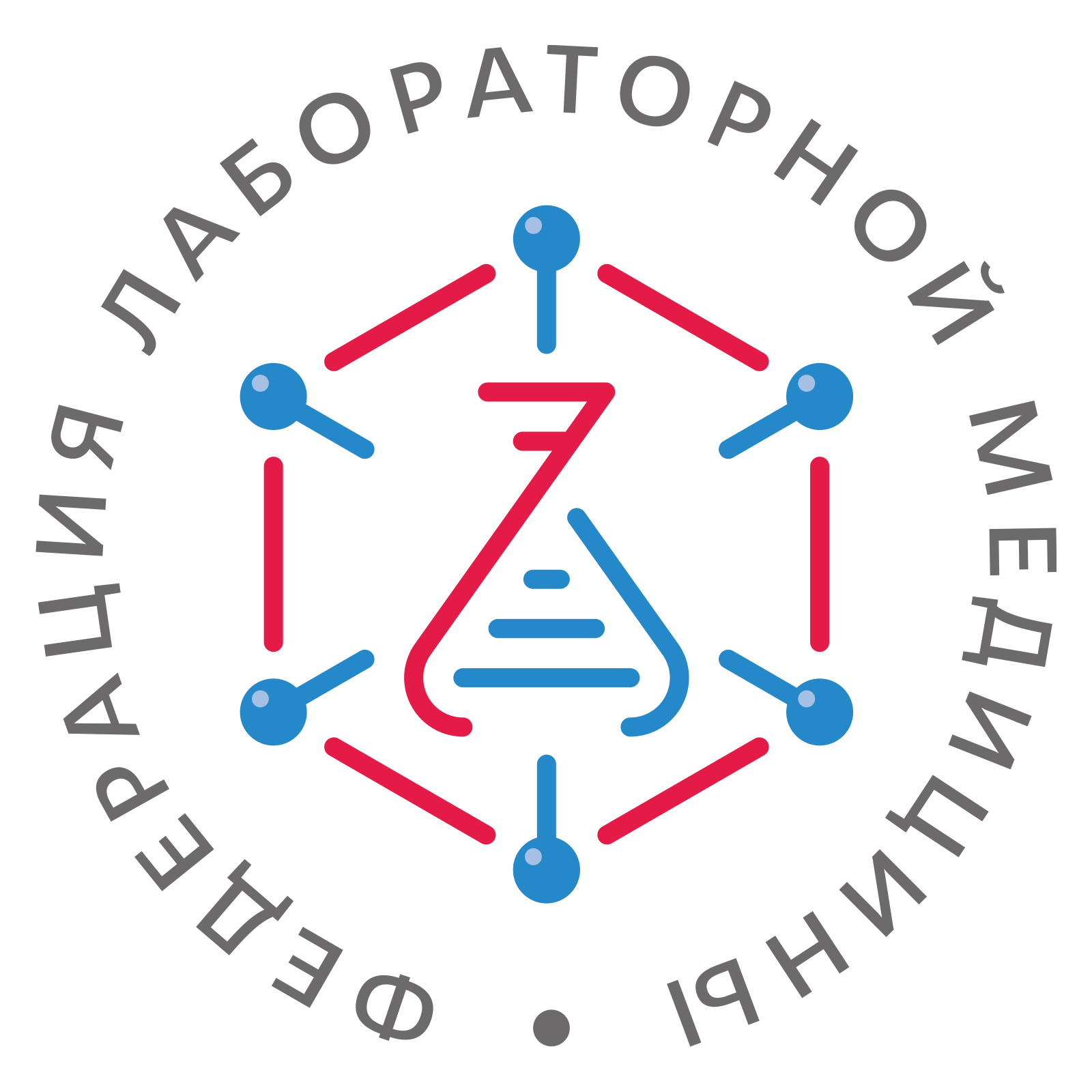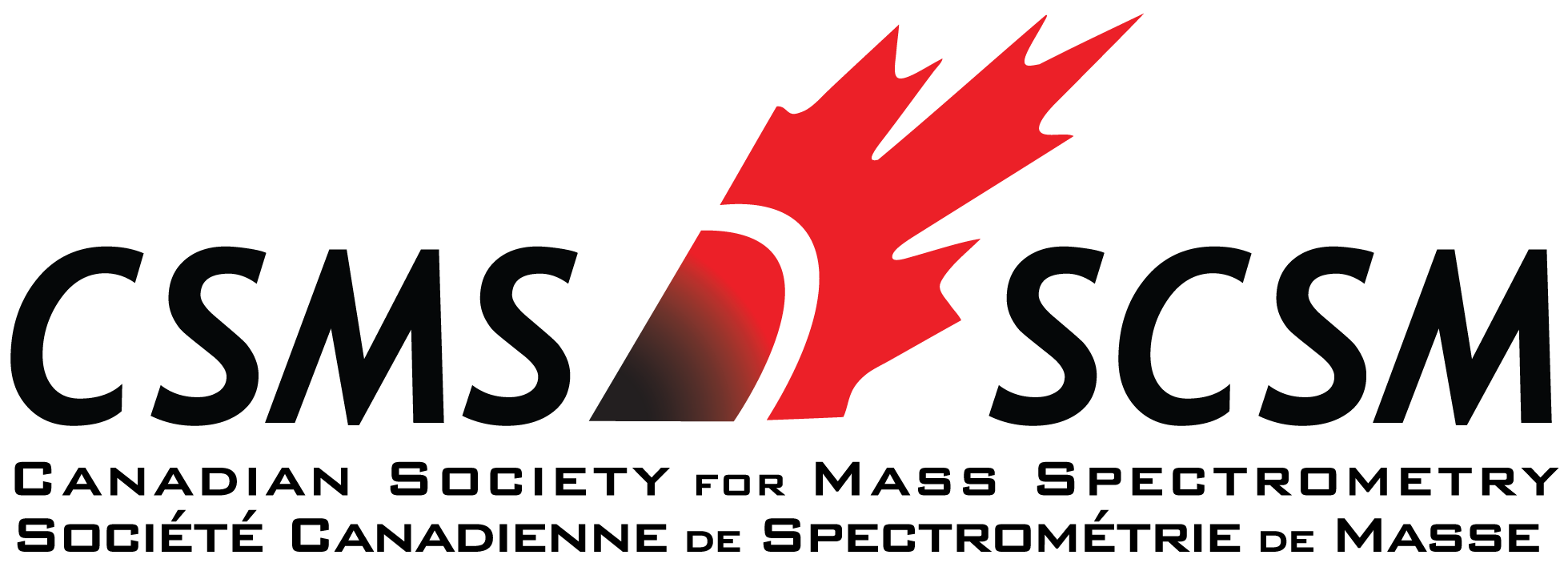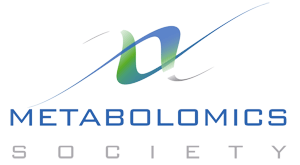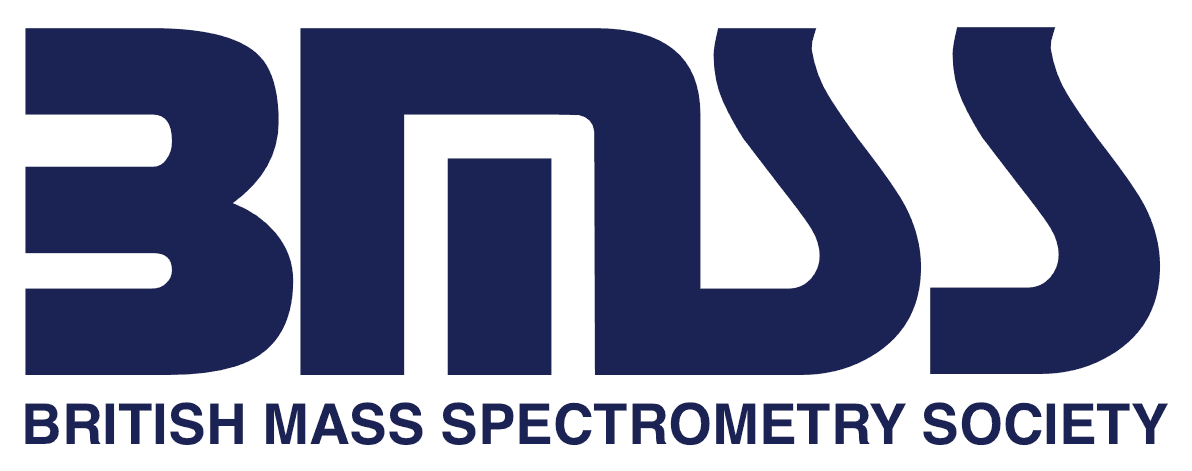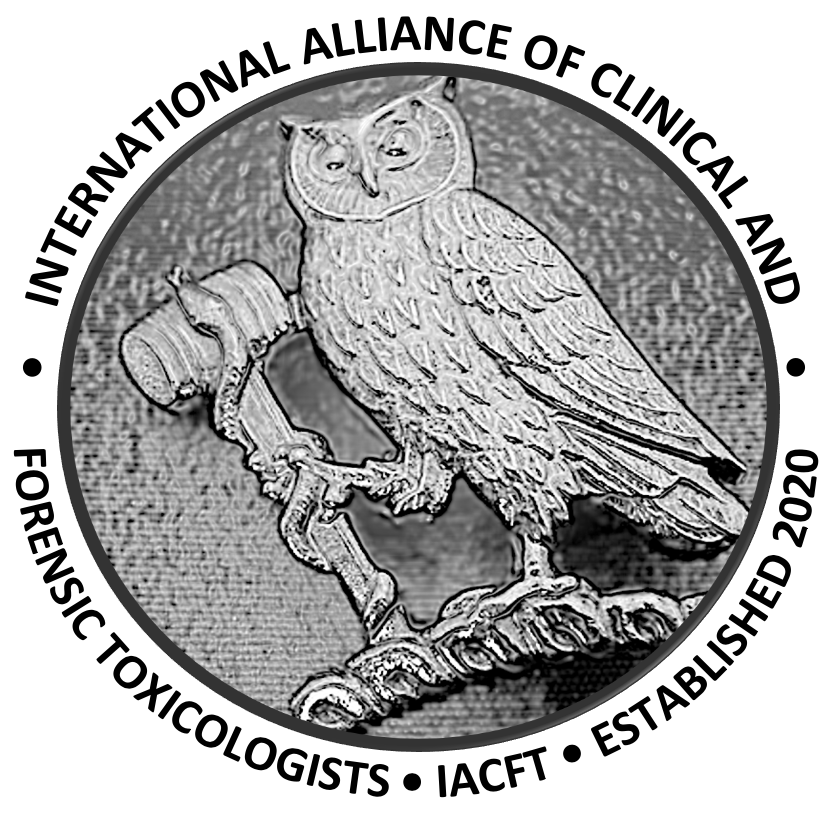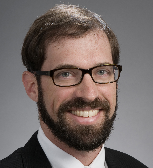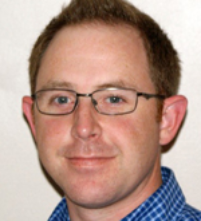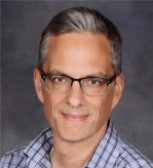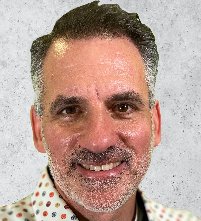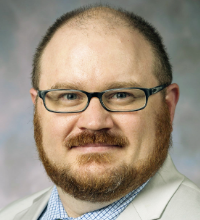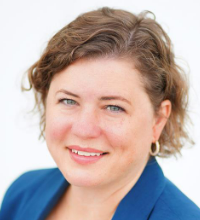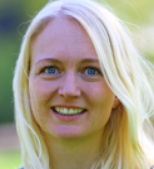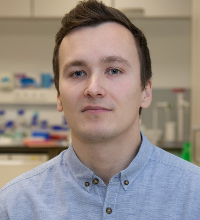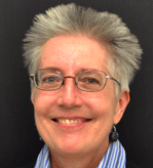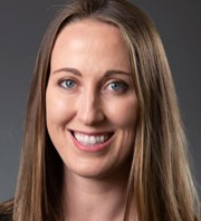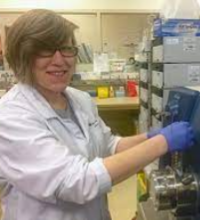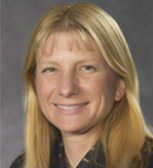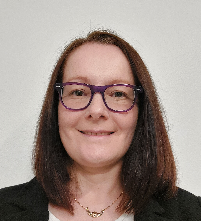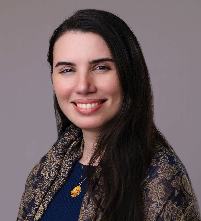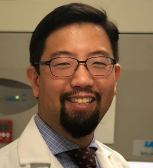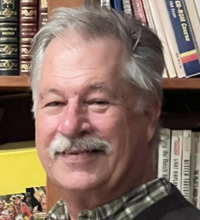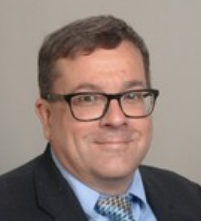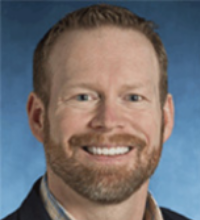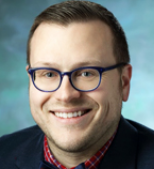MSACL 2023Monterey, CA : April 2-7 |
Details
Educational Grantee Partners:
|
Short Courses (In-Person)
All times are PACIFIC TIME.
March 8 is the deadline to register if you wish to receive printed course material on-site.
The Short Courses for MSACL 2023 will be held In-Person, except for LC-MSMS 101, which will be held BOTH in-person and online, simultaneously.
REGISTER FOR VIRTUAL LC-MSMS 101 -- this virtual course will take place with the MSACL 2023 Monterey students who are onsite, except that you will have three online guides (Grace van der Gugten, Deborah French and Lorin Bachmann).
Short courses will be from 8-16 hrs.
Continuing Education will be offered.
You MUST be registered for the conference in order to attend a Short Course. Short Courses have an additional fee.
Short Course Pricing (per HOUR):
March 8 is the deadline to register if you wish to receive printed course material on-site.
| EarlyBird | Regular | After |
|
| Industry | $40/h | $45/h | $55/h |
| Academic | $32/h | $35/h | $38/h |
| Student | $12/h | $15/h | $18/h |
All courses are IN-PERSON only, EXCEPT LC-MSMS 101, which will be held both ON-LINE and IN-PERSON.
Course Offering
1. Clinical Proteomics 201 : Clinical Proteomics |
2. Data Science 101 : Breaking up with Excel: An Introduction to the R Statistical Programming Language |
3. Data Science 201 : Flexing with R : Databases to Dashboards |
4. GlycoProteomics 101 : Clinical glyco(proteo)mics by mass spectrometry |
5. LC-MSMS 101 : Getting Started with Quantitative LC-MSMS in the Diagnostic Laboratory |
6. LC-MSMS 201 : LC-MSMS Technology and Techniques in the Clinical Lab |
7. Metabolomics 201 : Measuring Metabolism from Dried Blood Spots to Microsampling and more |
8. Sample Prep 201 : Sample Preparation and Alternative Matrices for LC-MS Assays |
Course Summaries
Course Schedule
Segment 1 : Monday 08:00 - 12:00 (4 h) ---------- Objective The main goal of this course is to provide an interactive forum in which attendees will be introduced to critical aspects of clinical protein measurements. The topics of this course will be templated on the framework of CLIS guidance document, C64: Quantitative Measurement of Proteins and Peptides by Mass Spectrometry. Summary The motivation for using mass spectrometry to quantify proteins in clinical research and in clinical care will be discussed as part of this interactive workshop. Technical topics uniquely affecting quantitative protein and peptides measurements by mass spectrometry will be a point of emphasis. Case studies from assay inception through validation will be presented and participants will work interactively to critique various aspects of clinical proteomic measurements. Syllabus
2066
|
|||||||||||
Course Schedule
Segment 1 : Monday 08:00 - 12:00 (4 h) Segment 1 is also be available ONLINE (pre-recorded) if you can't make it in person. ---------- Does Excel lag on you when you open a file bigger than 1000 rows? Has it ever changed your data to a date against your will? Are you ready to jump right past Tableau and into the world of Data Science using a real programming language? Well, your wait is over because at MSACL we again will be offering a course for complete programming newbies that will help you get going analyzing real data related to LC-MS/MS assay development, validation, implementation and publication. The only background expected is the ability to use a spreadsheet program. The skills that you will acquire will allow you to take advantage of the many tools already available in the R language and thereafter, when you see that your spreadsheet program does not have the capabilities to do what you need, you will no longer have to burst into tears. The course will be run over two days and time will be evenly split between didactic sessions and hands on problem solving with real data sets. Drs Holmes and Bunch will adopt a “no student left behind policy”. Students will be given ample time to solve mini problems taken from real life laboratory work and focused on common laboratory tasks. All attendees will need to bring a laptop with the R language installed R Studio interface installed. Students may use Windows, Mac OSX or Linux environments. Both R and R studio are free and open-source. No cash required. Students should be prepared for learning what computer programming is really like. This may involve some personal frustration but it will be worth it. Obtaining the Software
!!! DOWNLOAD PROGRAM PACKAGES PRIOR TO ARRIVAL ONSITE !!! THERE WILL NOT BE OPEN INTERNET WIFI IN THE CONFERENCE CENTER.
!!! POWER : Make sure your computer is charged to hold power for 4-8 hrs, as power outlets may not be available.
Instructions for installing the R language are here: http://cran.r-project.org/ Course Description The course will cover:
2050
|
||||||||
Course Schedule
Segment 1 : Monday 13:30 - 17:30 (4 h) ------------ Pre-requisites An introductory R course (including MSACL Data Science 101) and/or experience using R for data analysis Objectives To teach learners with a basic background with R how to organize data analysis projects reproducibly using tools such as Quarto, dashboards, and databases. Summary Do you have data files that you would like to accumulate over time into an organized, accessible format and then visualize different aspects of the combined data in an interactive, web-based dashboard? If so, this course is for you! Reproducibility is an important principle for making data analysis trustworthy and reliable. Automation enables users to scale their data analysis steps. The R programming language is one of many tools that can help users automate data analysis workflows while adopting best practices in reproducibility, but there are several packages to choose from when developing these skills. In this short course we will introduce a combination of workflows, packages, and tools that help learners set up data analysis projects, develop pipelines for extracting and storing data, and then develop interactive visualizations to gain understanding from the data. First, we will explain how to fully utilize the RStudio integrated development environment with Projects and how the renv package ensures that code consistently produces the same output no matter where or when it is run. Next, we will cover iterative file parsing and demonstrate how this can be linked to lightweight relational databases such as SQLite and DuckDB to build a pipeline for repetitive data loading over time. In the last portion of the course, we will discuss the Quarto scientific publishing system and related visualization tools such as the flexdashboard package. This short course will be interactive, with frequent short exercises to reinforce new concepts. Familiarity with the R programming language, either from an introductory course or self-learning, is highly recommended. Finally, concepts in this short course overlap material taught in previous intermediate R courses at MSACL, but here we will focus putting together the tools to develop reproducible, automated dashboards for visualization of laboratory data and provide updates to include some of the latest developments in the R ecosystem. Syllabus / Topics covered
2063
|
||||||||
Course Schedule
Segment 1 : Monday 08:00 - 12:00 (4 h) ---------- Summary: Did you ever encounter glycans, but you -kind of- neglected them as they seemed too complicated to characterize? Or did you just perform a glycan release to make the analysis of your protein a lot easier? You have no idea how to interpret your data when a glycan is present? Fear no more! We are here to provide you with the basics in the field of mass spectrometric glycomics and glycoproteomics. The course will start with a historical overview on glycan research (i.e. how did glycans work their way up to being acknowledged as important study objects) and we will guide you through the maze of different nomenclatures. Moreover, although glycans are well known for their complexity, we will reveal to you the “rules of glycan structures” based on known biosynthetic pathways. This will be followed by an in-depth discussion on glyco(proteo)mic mass spectrometric technologies and workflows. In addition, different sample preparation steps and data analysis approaches will be covered. We will close-up with a session about glycomic biomarker discovery. The course will run over two days and time will be split between lectures and workshops (e.g. how do you recognize a glycan in a mass spectrum and how do you assign it). While not everything can be covered within these two days we will ensure that you will know your “glyco-basics” in the end. Moreover, participants are encouraged to submit any specific glyco-questions they have prior to the course and we will try to discuss them during the course. Objectives:
2053
|
||||||||
IN-PERSON (Judy Stone, Jacqueline Hubbard) & ON-LINE (Grace van der Gugten, Deborah French, Lorin Bachmann) REGISTER FOR VIRTUAL LC-MSMS 101 -- this virtual course will take place with the MSACL 2023 Monterey students who are onsite, except that you will have three online guides (Grace van der Gugten, Lorin Bachmann and Deborah French). Course Schedule
Segment 1 : Sunday 17:00 - 18:30 (1.5 h) --------------- Pre-requisites Interested in a detailed, practical introduction to clinical quantitative LCMS Overview Is your laboratory under pressure to purchase an LC-tandem MS or is the ROI you wrote last year haunting you now? This short course is designed for attendees implementing quantitative LC-tandem MS for patient testing who have laboratory medicine experience but no mass spectrometry training - CLS bench analysts, supervisors, R&D scientists, and laboratory directors. Theoretical concepts necessary for a robust implementation of clinical mass spectrometry will be presented – but the emphasis is on practical recommendations for:
2074
|
|||||||||||||||||||||||
Course Schedule
Segment 1 : Monday 08:00 - 12:00 (4 h) ---------- Summary This course is designed for the chromatographer and /or mass spectrometrist who wants to be successful in developing methods, optimizing methods, troubleshooting methods and solving problems using LC-MSMS. The course covers the atmospheric pressure ionization (API) techniques of electrospray and gas phase ionization including atmospheric pressure chemical ionization (APCI) and atmospheric pressure photo ionization (APPI) using triple quadrupole, time-of-flight and quadrupole time of flight and orbit trap mass analyzers. Discussions of sample preparation and modes of chromatography will target method development and optimization for the analysis of “real-world” samples by LC/MS. The course highlights the following topics with respect to development and optimization of methods to achieve the best sensitivity, specificity, and sample throughput. This course focuses on method development method trouble shooting and application for the analysis of both small and large molecules that are clinically relevant. All examples are taken from real-world analyses, performed by Dr. Voyksner at LCMS Limited. The concepts presented in the course are reinforced through numerous problem sets the attendees will work on throughout the 12 hour course. The last part of the course is an open forum where each attendee is invited to share a current LC-MS/MS issue they face. As a class we work through potential solutions and experiments to be performed to find a solution to the student problem, applying the concepts taught in the class and Dr. Voyksner’s 40 plus years of experience in LC-MS/MS. From past classes this has been the attendee’s favorite part of the class. Specific topics to be covered include
2069
|
|||||
Course Schedule
Segment 1 : Monday 13:30 - 17:30 (4 h) ------------ Objectives (1) Advantages for using DBS and other microsampling techniques in clinical and metabolomics research, discovery, and applications, (2) Strategies for maximizing analytical success with the mass spectrometer and DBS with examples of existing methods and successful applications. (3) Understand the application of global metabolomics and targeted metabolomics to disease diagnostics. Summary DBS have been used for nearly 60 years in a clinical and research environment specifically in rare disease screening of newborns or health monitoring and treatment to restore a more “normal” metabolism. Although clinical chemistry workflows are still dominated by liquid blood or plasma and immunoassay platforms, they are not necessarily suitable for microsample collection as demonstrated in the choice for newborn screening (200-300 µL) versus 1-10 mL for a venous blood draw. Furthermore, a dried microsample offers better protection from infectious disease during sample handling, is less expensive to ship in the mail, may stabilize some molecules from degradation of active enzyme, light or heat, and has reduce storage requirements during and after sampling. Perhaps the biggest advantage that is now recognized in the “post” pandemic world is remote patient sampling in an ever-expanding telemedicine environment. This course will describe the advantages of filter paper for mass spec workflows in areas of sample cleanup, extraction, manipulation as well as examples of successful analysis. We will provide examples of existing method in use in clinical analysis. As important are its advantages, we will discuss limitations from the lack of precision of classic Guthrie cards because of volume uncertainties to the problems of some mass spectrometry analysis of molecules like proteins. Finally we will correlate these issues with the ever expanding area of metabolomics, how research might benefit from small microsamples and remote sample collection especially on diseases that are rare in a patient that might be a continent away. Topics covered
2061
|
||||||||
Course Schedule
Segment 1 : Monday 08:00 - 12:00 (4 h) ---------- Summary: This course will encompass various sample preparation approaches used for LC-MS assays. The course will highlight not only the importance of sample processing in the clinical laboratory environment, but also illustrate the “fit for purpose” application of processing techniques in clinical mass spectrometry. This course will also discuss the theory behind different specimen preparation methods, strengths and weaknesses of each approach, as well as opportunities for automation. The first section of the course will serve as a primer of the role of upfront sample management, utilizing examples in blood and urine specimen sources. There will also be an introduction to the application of LC-MS approaches in alternative matrices. The second section of the course will elaborate on the foundations established in the first half, and expand into newer technologies and automated alternatives for sample processing. Topics will be covered through lecture, Q&A, Case Studies, and small group exercises. Topics covered include
After attending this short course, participants will be able to:
2059
|
||||||||



